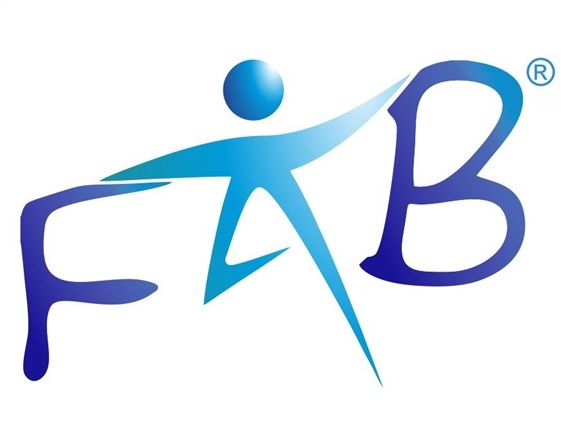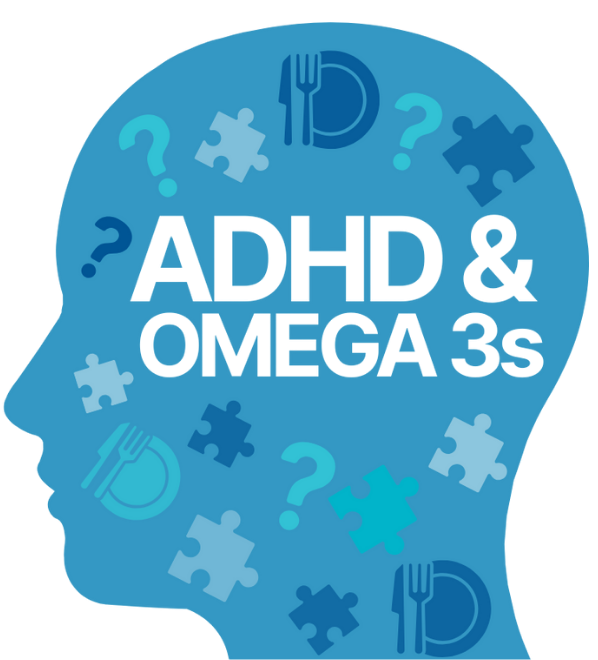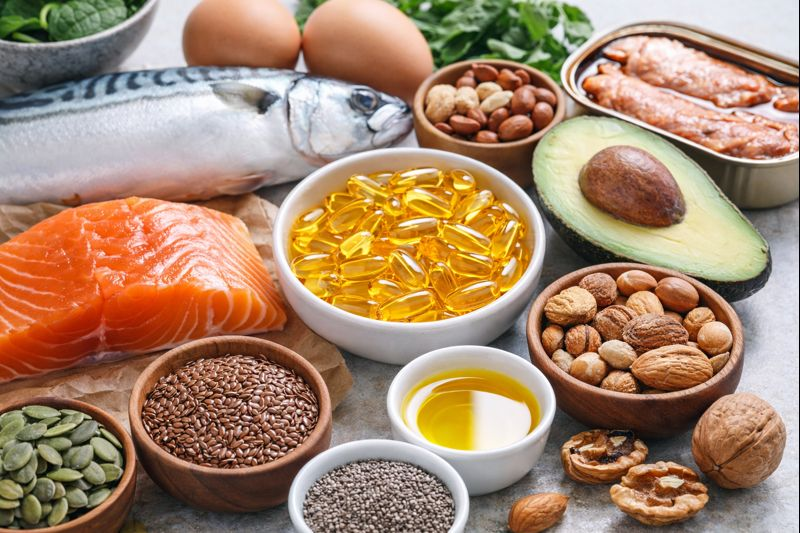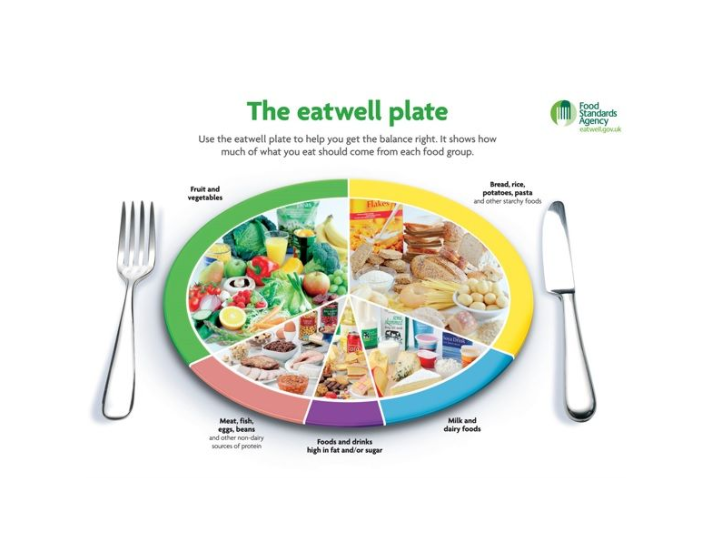Food Addiction - An Update on the Science
Ultra-Processed Food Addiction - A Consensus at Last?

Food ‘Addiction’ is a highly debated and controversial issue, as outlined by a 2019 scoping review. The authors did, however, also flag the role of the food industry in this debate, and called for more awareness of both the associated issues and potential policy interventions.
Critics of the concept have argued that food ‘addiction’ is not distinct from binge eating disorder; that the issues are essentially behavioural / psychological not biochemical; and that, unlike other substances classed as addictive, food is needed for survival.
Proponents point out, however, that ‘addictive’ behaviours do not relate to all foods, but to ultra-processed foods (UPF) in particular.
UPF foods are designed to be ‘hyper-palatable’, and are not essential.
Increasing evidence has shown both biological and behavioural changes in response to UPF in some individuals that match criteria for recognised addictions, including compulsive consumption, and physical withdrawal signs.
Possible ways UPF may override normal satiety signals include;
- Sugar activating the same brain ‘reward’ pathways as some addictive drugs,
- Their hyper-palatable combination of fat and sugar (or salt),
- Their excess of omega-6 vs omega-3 fats,
- The effects of additives, and
- The speed at which they can be eaten.
A 2024 Expert consensus on ultra-processed foods & addiction
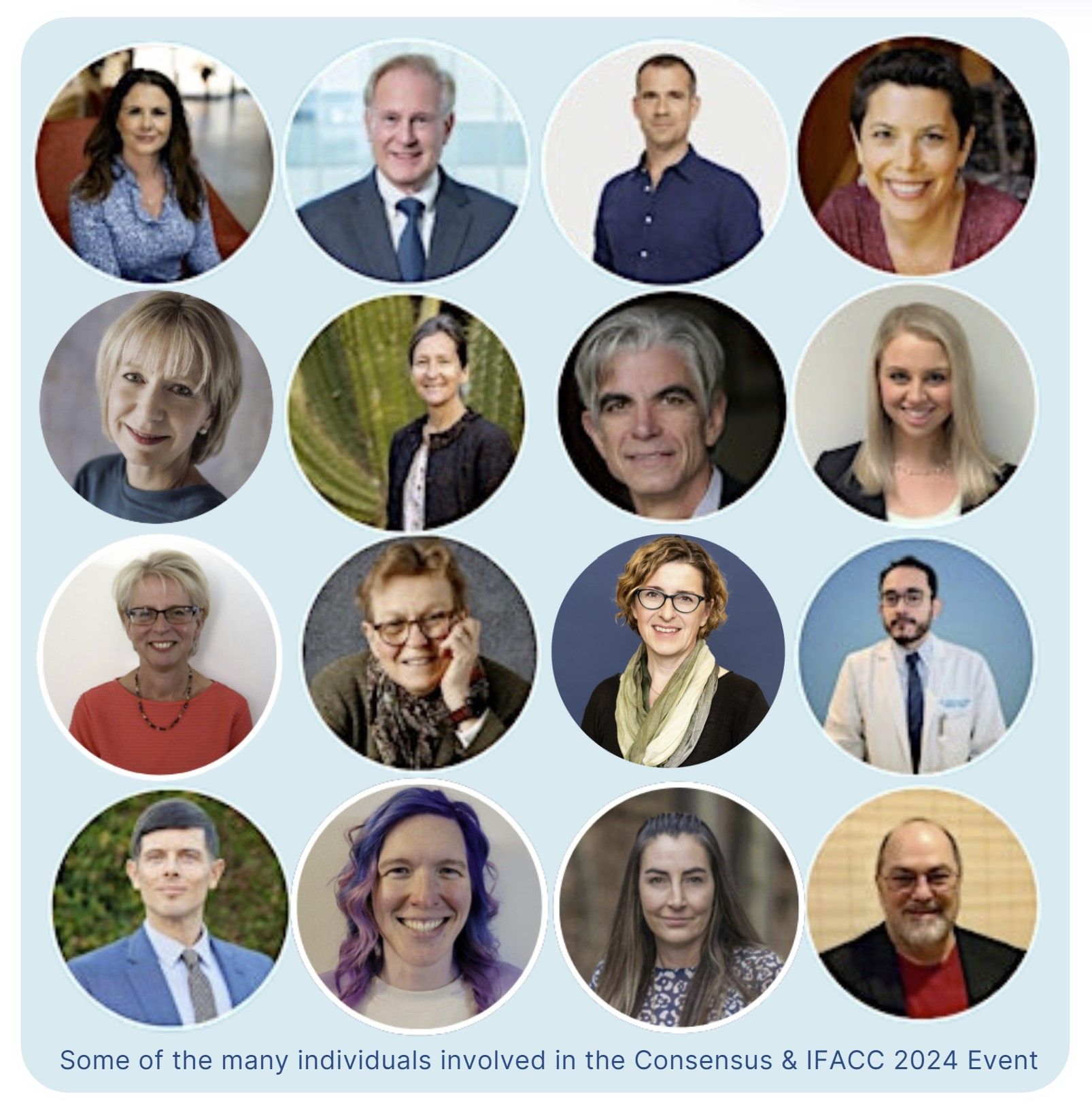
Over the last year, renowned leaders in the field, including academics, researchers and clinicians, came together from across 10 countries to develop and produce an International Consensus on addiction-like symptoms related to food.
"those abstaining from disordered use of UPFs, can experience withdrawal symptoms"
The group explain in their consensus statement that there is sufficient evidence that some people use foods in an addictive way, and that Ultra-Processed Food Addiction (UPFA) is both a behavioural and a substance use addiction, meaning it involves compulsive consumption of these addictive foods and engagement in addictive behaviours related to their consumption.
It was concluded that existing scientific research findings confirm biochemical, neurological and behavioural aspects of recognised substance use disorders, and that individuals abstaining from disordered use of UPFs can experience withdrawal symptoms including
- Anxiety,
- Irritability,
- Insomnia,
- Dysphoria
- Cravings.
You can find out more by reading the booklet from the dedicated International Food Addiction Consensus Conference (IFACC) event held in London in May 2024, (including information on their expert contributors) or by reading the final consensus document itself.
You can still access the video recordings of all the presentations. Simply make a donation of £25 or more here, and then emailing your Just Giving receipt to [email protected], and you will be sent the access codes.
Further Information
Please see the links below to FAB Research lists of more news and research items on this particular overlap between food and the topic of addiction:
Get information about UPF's straight to your inbox
We will also send you information on other FAB topics that might interest you or others you know and send you our regular e-newsletter which rounds up topical news items around Food and Behaviour.
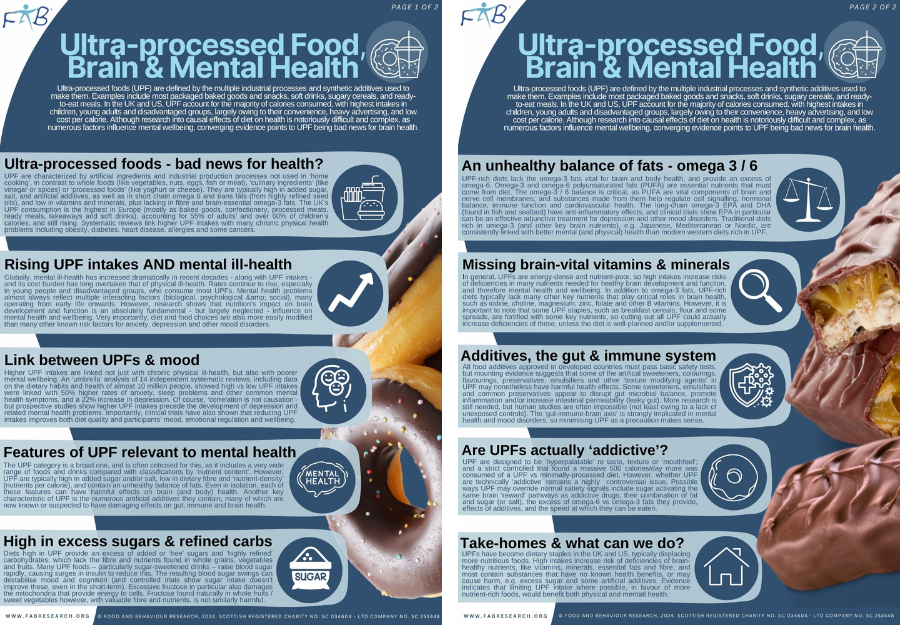
More articles

